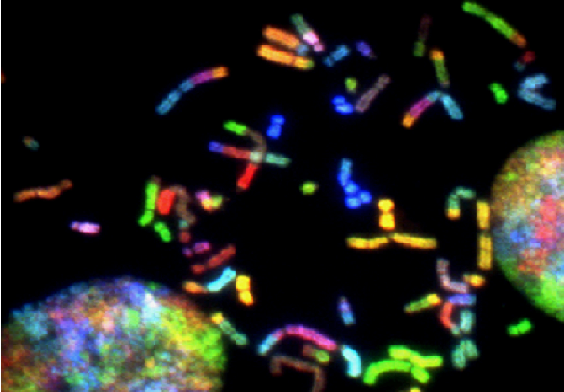January 25, 2021: “AstraZeneca’s Calquence (acalabrutinib), a next-generation, selective Bruton’s tyrosine kinase (BTK) inhibitor, has been approved in Japan for the treatment of adult patients with relapsed or refractory chronic lymphocytic leukaemia (CLL) (including small lymphocytic lymphoma [SLL]).
The approval by the Japanese Ministry of Health, Labour and Welfare was based on positive results from the ASCEND Phase III trial and a Phase I trial in Japanese patients, showing Calquence monotherapy demonstrated a statistically significant and clinically meaningful improvement in progression-free survival (PFS) versus a standard treatment of rituximab, a monoclonal antibody, combined with the physician’s choice of idelalisib, a PI3-kinase inhibitor or bendamustine, a chemotherapy.
In the ASCEND trial, Calquence reduced the risk of disease progression or death by 69% (hazard ratio, 0.31; 95% confidence interval, 0.20-0.49, p<0.0001).
These results were published in Journal of Clinical Oncology in 2020.
Related News: Calquence approved in the EU for the treatment of chronic lymphocytic leukaemia
CLL is the most common type of adult leukaemia across the globe but is considered a rare disease in Japan and East Asia, representing between 1% and 2% of patients diagnosed with leukaemia.
Dai Maruyama, MD, PhD, Director, Department of Hematology and Oncology, Cancer Institute Hospital of Japanese Foundation for Cancer Research, Tokyo, Japan said: “Today’s news marks great progress for patients with chronic lymphocytic leukaemia in Japan.
As the ASCEND trial showed, Calquence provides a significant improvement in progression-free survival compared with current standard therapies.
Treatment with a safe and tolerable regimen remains paramount for these patients who often require ongoing therapy for many years.”
Dave Fredrickson, Executive Vice President, Oncology Business Unit, said: “Chronic lymphocytic leukaemia is less prevalent in Japan than other regions, yet patients remain in need of innovative treatment options.
This approval of Calquence offers patients in Japan a new, chemo-free, tolerable treatment option with uncompromised efficacy and the potential to positively impact quality of life.”
In the ASCEND Phase III trial, an estimated 88% of patients with relapsed or refractory CLL treated with Calquence remained alive and free from disease progression after 12 months compared with 68% of patients on rituximab combined with idelalisib or bendamustine.
After a median follow up of 16.1 months, median PFS was not reached with Calquence monotherapy versus 16.5 months in the control arm.
The safety and tolerability of Calquence were consistent with its established profile.
Final results of the ASCEND Phase III trial were presented at the 2020 American Society of Clinical Oncology and 2020 European Hematology Association virtual meetings and demonstrated the long-term (median 22-month follow-up) efficacy and tolerability of Calquence in CLL.
Calquence is approved for the treatment of CLL and SLL in the US and is approved for the treatment of CLL in the EU and in several other countries worldwide in the 1st-line and relapsed or refractory settings.
Calquence is also approved in the US and several other countries for the treatment of adult patients with mantle cell lymphoma (MCL) who have received at least one prior therapy.
Calquence is not currently approved for the treatment of MCL in Japan or the EU.
As part of a broad development programme, Calquence is being assessed in more than 20 AstraZeneca-sponsored clinical trials for the treatment of patients with B-cell malignancies including CLL, MCL, diffuse large B-cell lymphoma, Waldenström’s macroglobulinaemia, follicular lymphoma, and other haematologic malignancies.
A Japanese Phase I/II trial based on the ELEVATE TN Phase III trial is currently underway for the treatment of 1st-line CLL.”
https://www.astrazeneca.com/content/astraz/media-centre/press-releases/2021/calquence-approved-in-japan-for-cll.html


